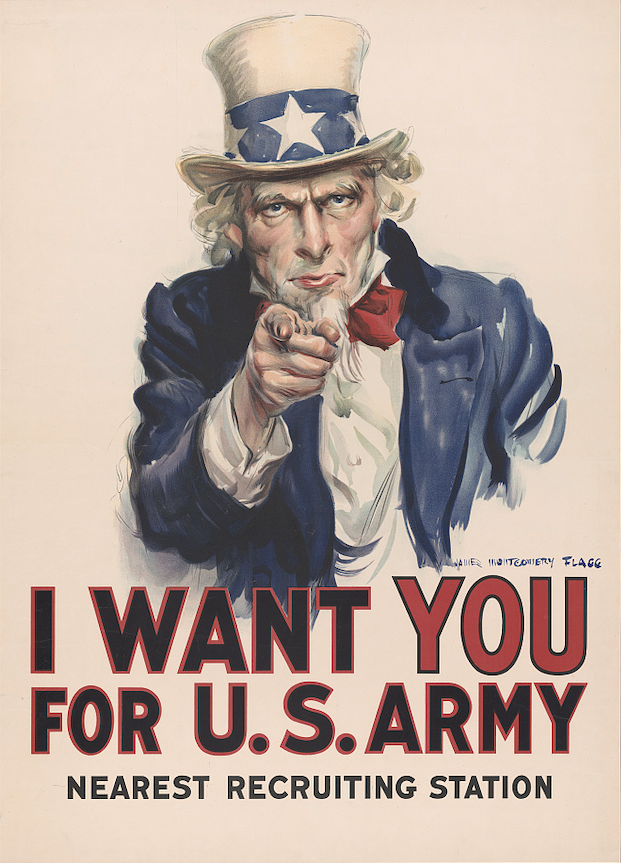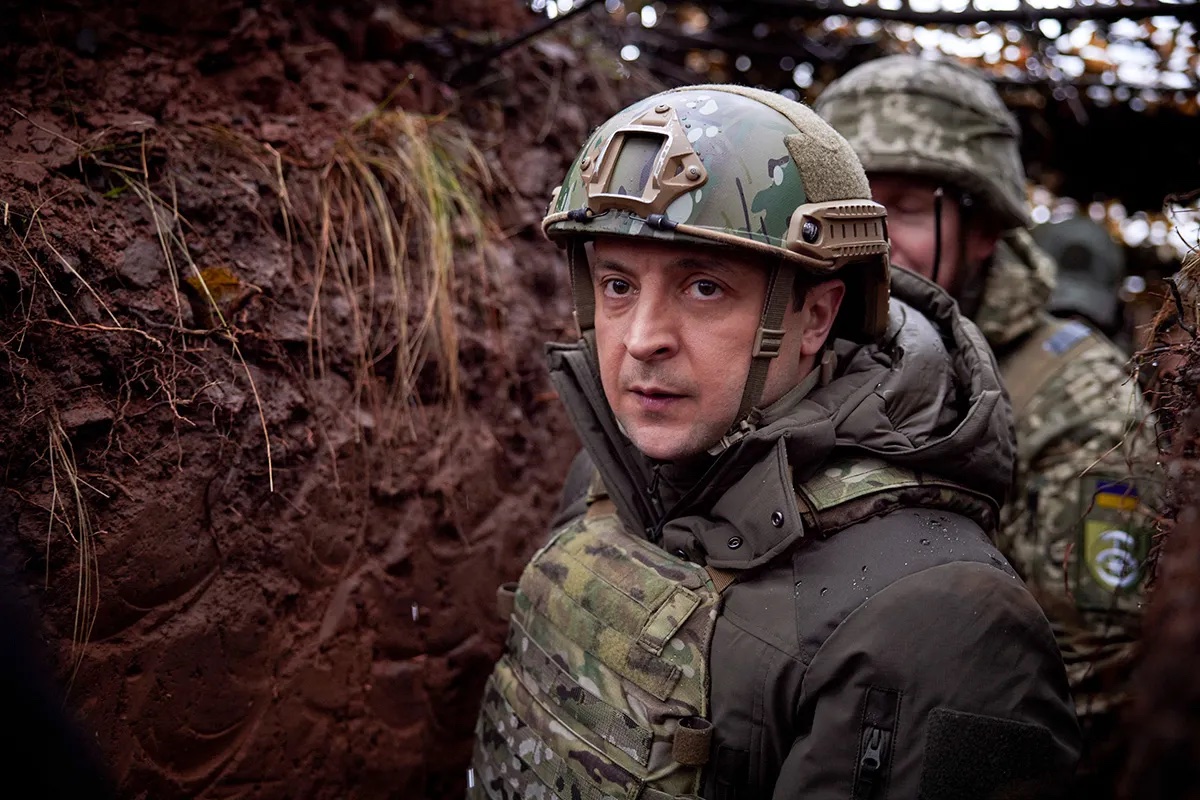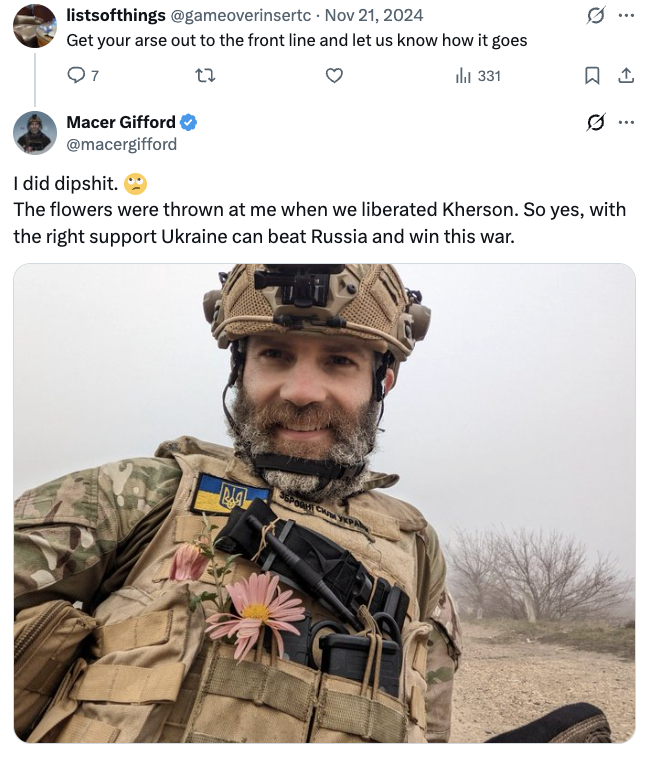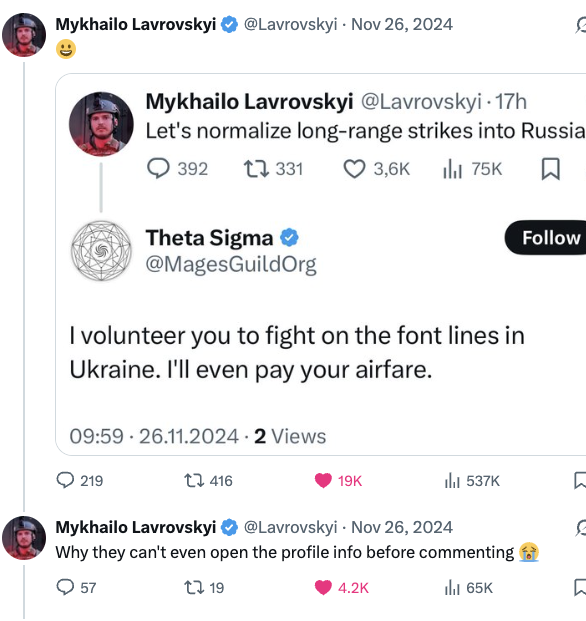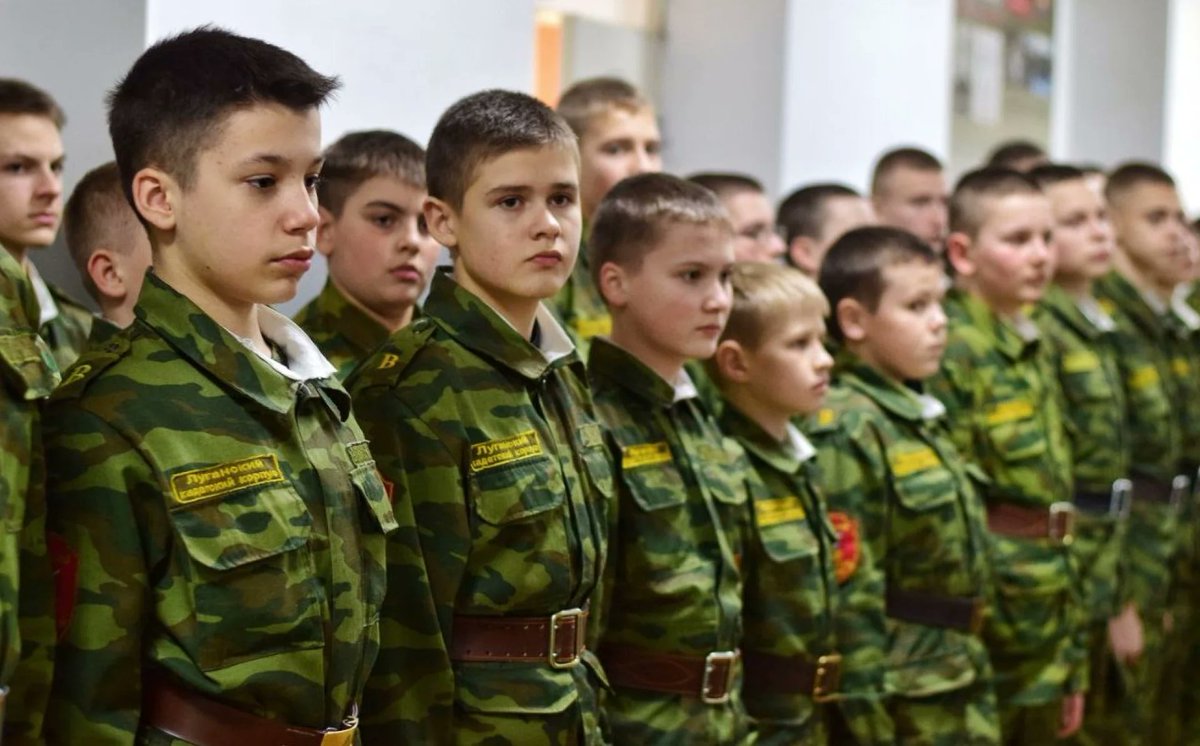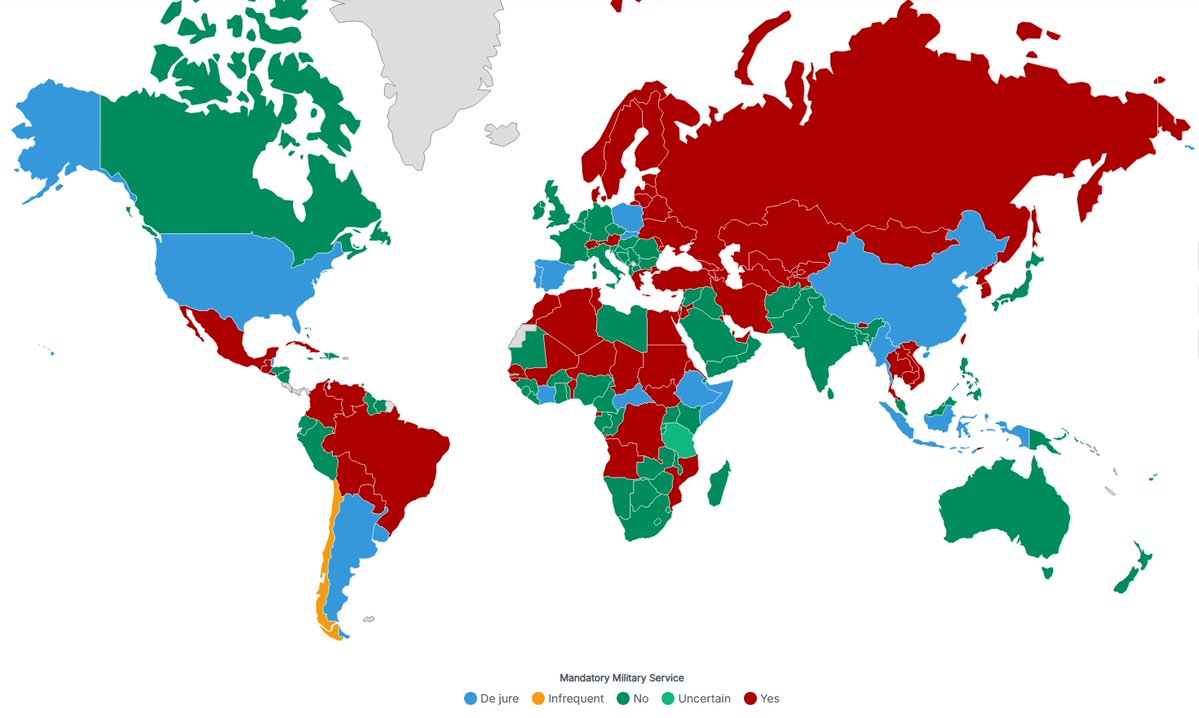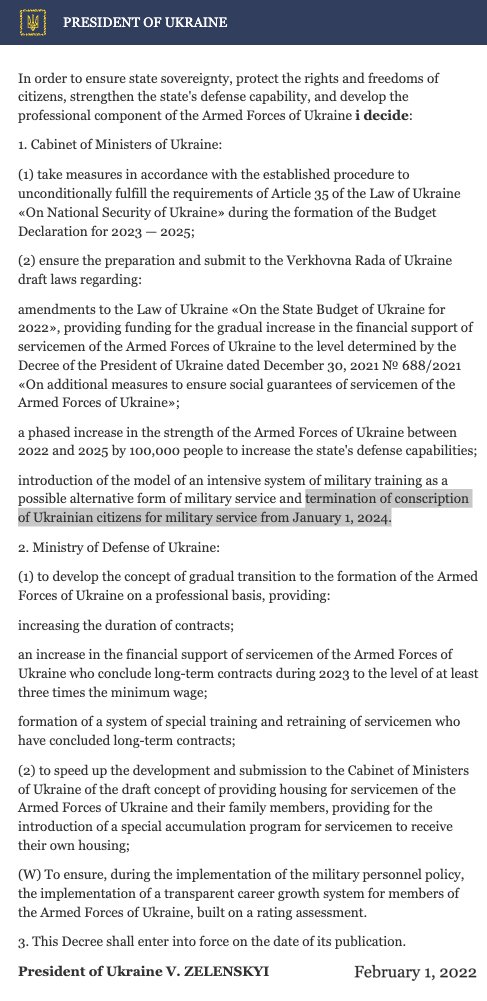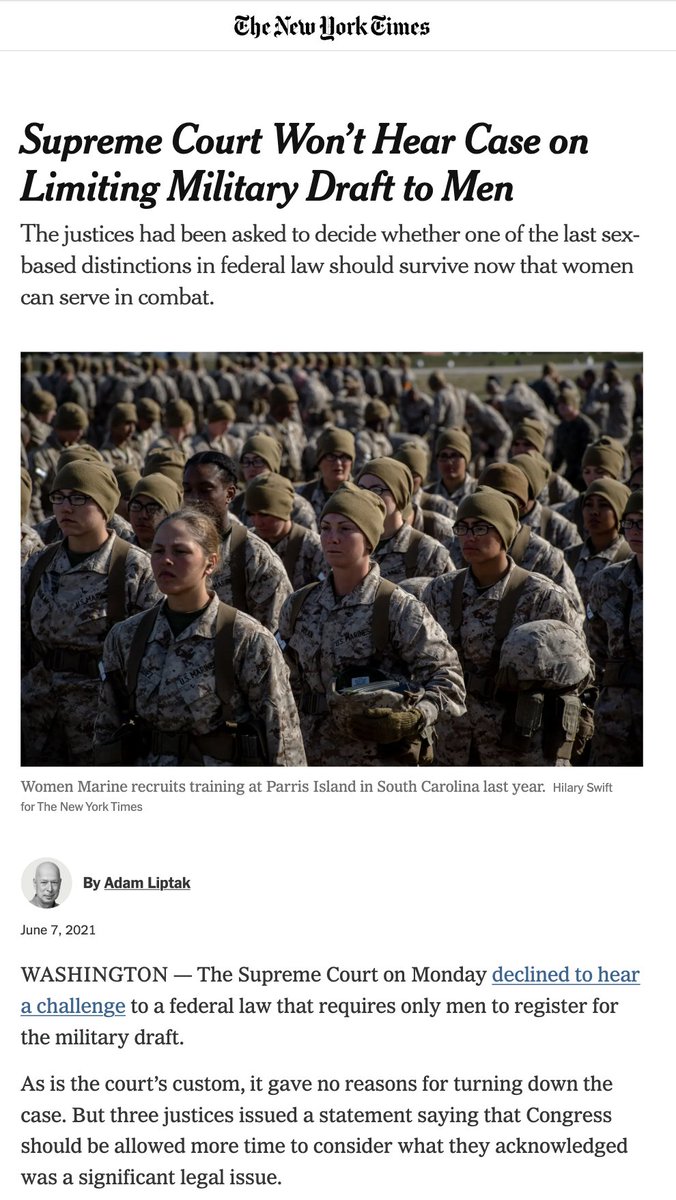In today's #vatniksoup, I'll introduce a Finnish academic and political scientist, Heikki Patomäki. He's best-known for his euroskepticism, anti-NATO stance, and for his complete misunderstanding of Vladimir Putin and his regime.
1/16
1/16
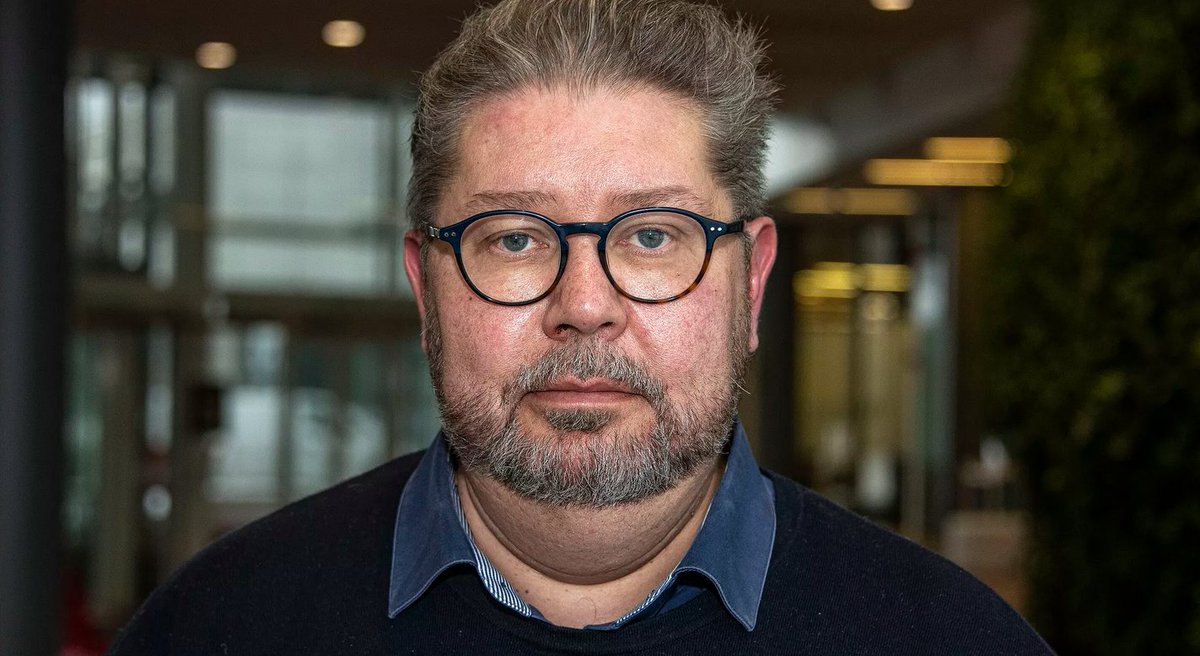
Patomäki currently works at the Helsinki University as a Professor of Political Science, and he's also a supervisor of the Doctoral Programme in Political, Societal and Regional Change.
2/16
2/16

Previously, he was involved in politics as a member of a Finnish left-wing party Vasemmistoliitto, but resigned in May 2022 after Finland applied to join NATO.
3/16
3/16

Patomäki started his political career in the right-wing Youth of the National Coalition Party, but eventually shifted towards the environmentalist greens with strong emphasis on advocating peace.
(text translated from Finnish to English)
4/16
(text translated from Finnish to English)
4/16

In 2007 he published a book "Uusliberalismi Suomessa" ("Neoliberalism in Finland"), in which he compared neoliberalism to fascism. Incidentally, in his book Patomäki called former Finnish PM Paavo Lipponen, who was involved in the development of Nord Stream, a neoliberal.
5/16


5/16

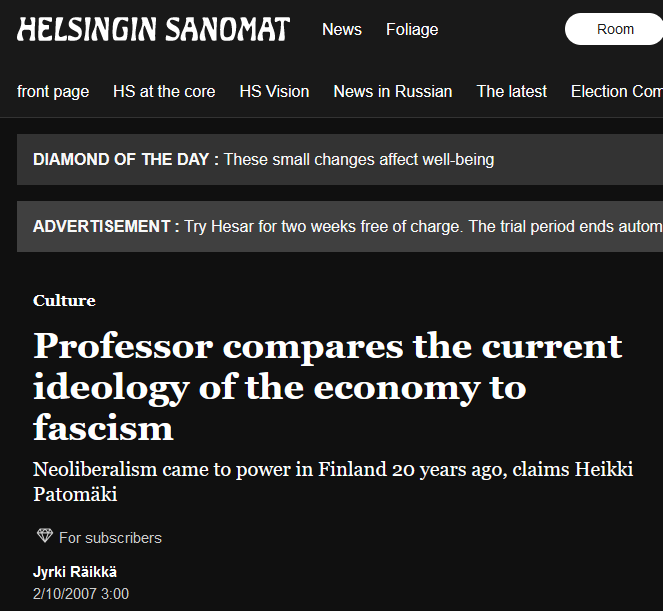
In Sep 2014, he wrote an op-ed on Finnish newspaper Helsingin Sanomat, in which he criticised the sanctions set against Russia after the annexation of Crimea. He also blamed NATO expansion and EU's collaboration offers to Ukraine for the conflict.
6/16
6/16

In 2015, he stated that Putin's Russia "completely lacks Hitler's racist ideology, which led to genocide." In retrospect, we can clearly see that Professor Patomäki was dead wrong on this.
7/16




7/16

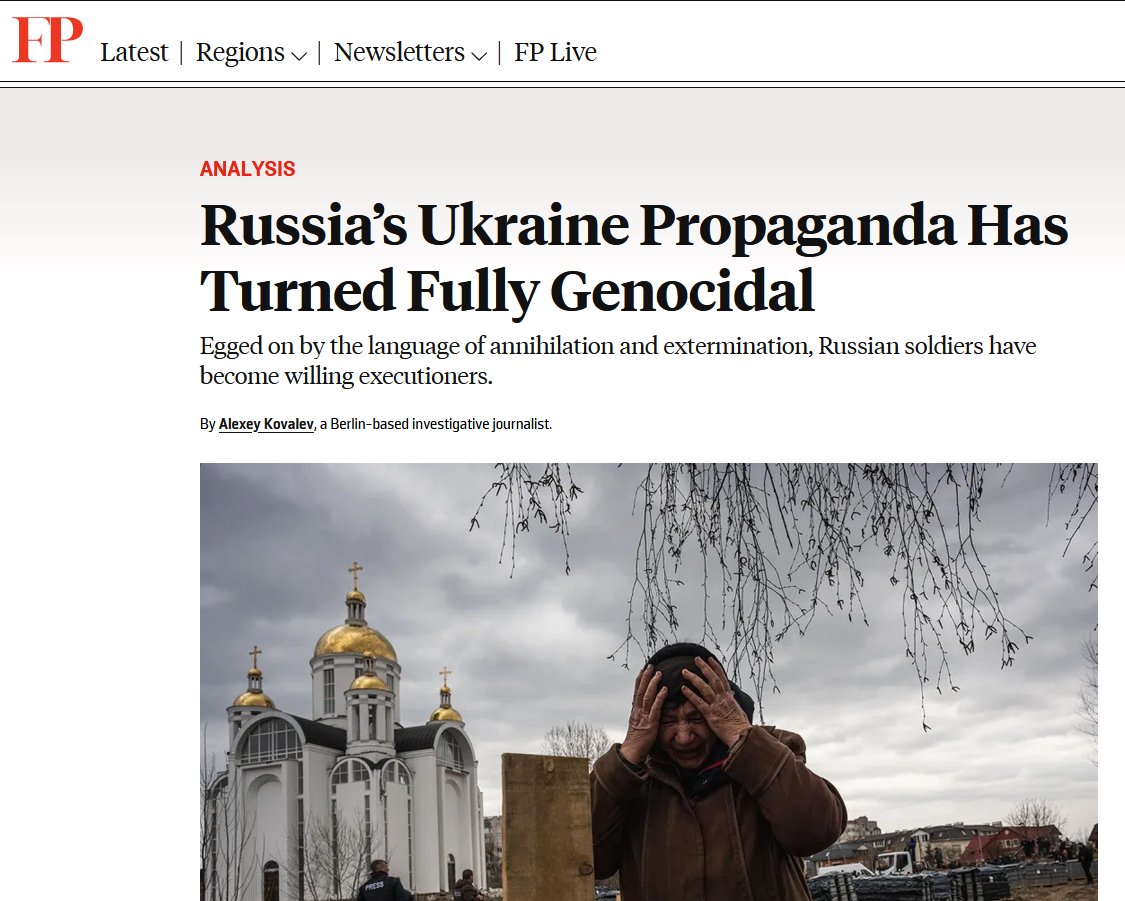


In the same interview, he also stated that Russia under Putin is "still a liberal democracy that respects human rights". At this point, Putin had already murdered and imprisoned several journalists in Russia and assassinated many of its own citizens abroad.
8/16


8/16


To me it seems like Patomäki observes geopolitics through a Mearsheimerian lense of offensive realism, where empires have their "spheres of influence," and smaller, sovereign nations just have to obey their "masters":
9/16
9/16
https://twitter.com/P_Kallioniemi/status/1732020079896764882
In an interview on 5 Jan 2024, Patomäki stated that peace in Ukraine can only be achieved if they give up their goals of joining NATO. He also stated that the regions invaded by Russia should be controlled by the UN, and that their fate should be decided through...
10/16
10/16

..diplomacy & by holding a referendum. By his view, Ukraine's willingness to join NATO was the "red line" that started the war.He also repeated the myth over the West "sabotaging the peace talks",even though Russia controlled large area of Ukraine & had no desire for peace.
11/16




11/16




Accord to Patomäki, Ukraine can't win even if they got full support from the West, even though Ukraine has been defending bravely against Russia's meat waves for almost 700 days now, and even re-captured several areas like Kharkiv and Kherson.
12/16



12/16



He admits, that even if there is an agreement on truce, there are no guarantees for permanent peace. Many have speculated, that Russia would use this time to re-group and eventually attack Ukraine again.
As a reminder, there was a SECOND Chechen War, after all.
13/16



As a reminder, there was a SECOND Chechen War, after all.
13/16



Finally, the Professor criticises the Finnish discussion culture revolving around the Russo-Ukrainian War. He claims that the "public debate in Finland is not in a very good place at the moment," suggesting that you're not allowed to "disagree with the mainstream opinion".
14/16
14/16

In my view, Mr. Patomäki just has difficulties to see Russia as it is: an authoritarian and genocidal empire trying to expand its borders slowly but surely:
15/16
15/16
https://twitter.com/P_Kallioniemi/status/1589511941068029955
And all this talk about the suppression of different opinions was published in the second biggest yellow press magazine Iltalehti.
Does the Professor think that this would be possible in Russia, that according to him, is a "liberal democracy that respects human rights"?
16/16
Does the Professor think that this would be possible in Russia, that according to him, is a "liberal democracy that respects human rights"?
16/16

I have paused personal donations for now, please support @U24_gov_ua by donating to the #HopakChallenge and sending me the receipt:
https://twitter.com/P_Kallioniemi/status/1727001859846730089
• • •
Missing some Tweet in this thread? You can try to
force a refresh


